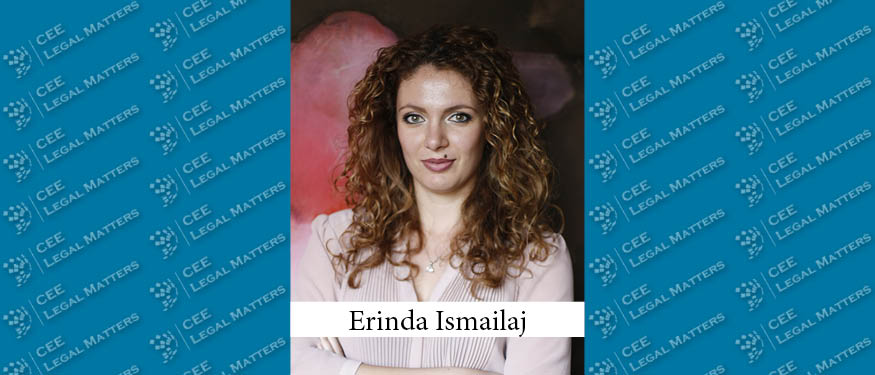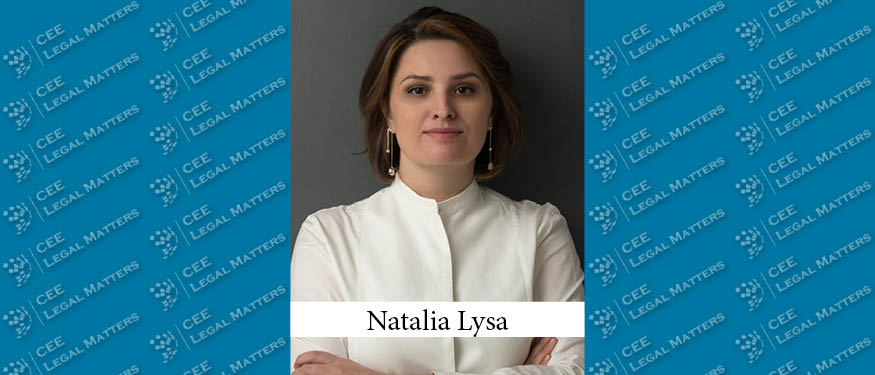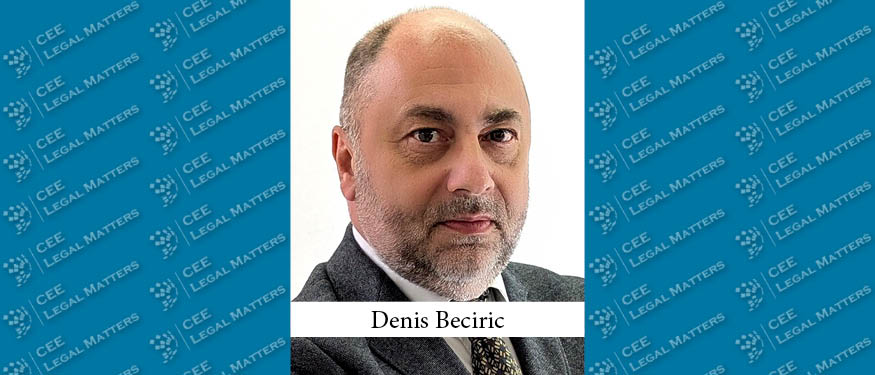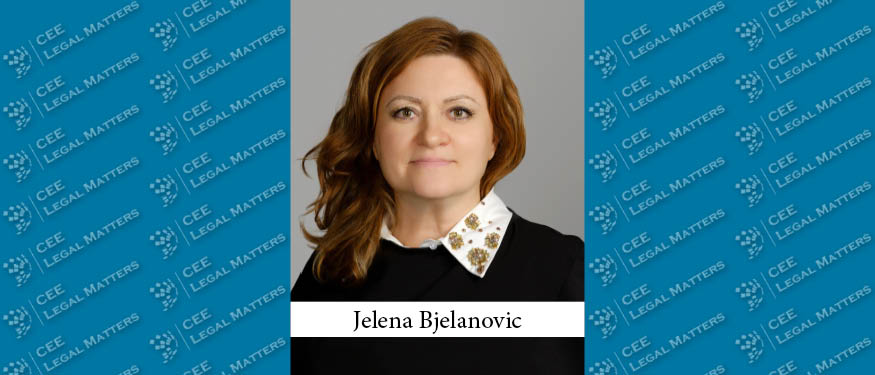We bring you a brief overview of important legislative news from the Czech Republic that should not escape your attention.
Increase of the minimum wage and of the lowest levels of guaranteed wages
As of 1 January 2024, the minimum wage was increased from CZK 103.80 to CZK 112.50 per hour, or from CZK 17,300 to CZK 18,900 per month. There was also an increase in the guaranteed salary for the 1st to 3rd group of jobs of CZK 1,600 per month and for the 8th group of jobs of CZK 3,200 per month. Other groups of jobs remain unchanged.
Simplifying the employment of foreigners
Employers employing nationals of third countries (outside the EU) will no longer have to undergo the so-called labour market test. Now an employer who wants to employ such an employee must announce a vacant position to the Employment Office and, after a period of up to 30 days, wait (verify) whether a citizen of the Czech Republic could fill the position in question. From 1 July 2024, the employer will still be required to report the position to the Employment Office, but it will be possible to employ foreigners immediately without the need to wait.
Duly justified invitation to the general meeting
The Supreme Court decided that an invitation to the general meeting of a joint-stock company, which by law must contain, among other things, the draft resolution of the general meeting, including its justification, only has to state the basic information for which the adoption of the resolution is proposed, while additional information is to be provided directly at the general meeting.
Private limited liability companies are not required to distribute all their profits
The Supreme Court concluded that the jurisprudence establishing the obligation of a joint-stock company to distribute its entire profit to shareholders is not immediately transferable to the circumstances of a private limited liability company. Private limited liability companies are therefore not obliged to distribute their entire profit to its members, even where they do not have an important reason for not distributing the profit in full.
Is a super-office being established in Brno?
At a time of rising food prices, the government called on the Office for the Protection of Competition to propose new powers. The Office did so in January in the form of a substantive plan, which has now been submitted to the Legislative Council of the Government. The substantive plan includes, among other things, the right to (1) order corrective measures even though there has been no violation (the Office as a regulator instead of market protector?), (2) carry out random dawn raids without any indication of a violation (legalisation of so-called fishing expeditions, which according to existing jurisprudence are an inadmissible invasion of privacy?), (3) obtain location data directly from telecommunications operators, (4) impose sanctions also on members of statutory bodies, employees and other natural persons, (5) assess ex-post also connections that are not subject to notification criteria, (6) reward whistleblowers, and (7) share information with other state authorities.
Conflict of interests of the statutory body in the light of new caselaw
Where there is a conflict of interests between a member of an elected body and the company, it is sufficient if the member of the elected body informs each shareholder about the content of the contract and all shareholders expressly agree to it or take note of it and waive the right to discuss such a conflict of interest at the general meeting (NS 27 Cdo 1206/2022).
In the event of a conflict of interests, the competent authority can only be informed of a part of the contract, but provided that this authority has enough information based on the submitted part of the contract to consider the possibility of suspending the statutory body or prohibiting it from concluding the contract, and that the unsubmitted part of the contract does not contain so-called unexpected conditions (NS 27 Cdo 2699/2021).
By Michal Hrabovsky, Counsel, Barbora Safarikova and Lola Florianova, Senior Associates, and Martina Vodickova, Jan Houlik and Barbora Bugova, Associates, Eversheds Sutherland

















